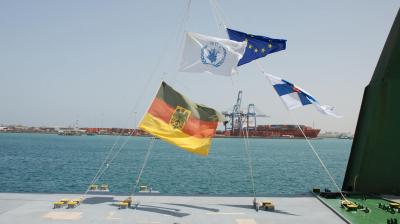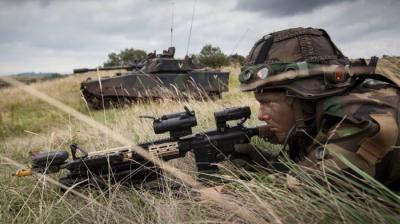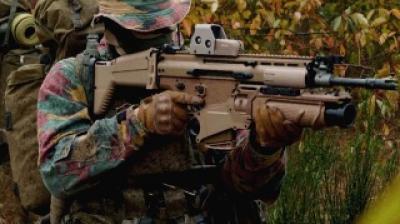Developing European defence capabilities
Developing European defence capabilities - Bringing order into disorder
Last year the European Commission proposed a European Defence Fund for allocating money from the EU budget to the defence sector. This is a step change as defence investment has been excluded from EU funding in the past. However, EU financing of defence research and the development of equipment – to be owned and operated by the armed forces of the member states – raises issues in terms of governance. Who will decide on ‘how much to spend on what’? So far, member states themselves have taken those decisions. Now, the Commission – a communitarian actor – will be directly involved. How does one ensure that the money is spent on European military capability needs?
Capability development is a complicated process, connecting military demand to industrial supply. With the communitarian players entering the stage, it becomes even more complex. How should the institutional set-up be constructed in order to create an effective decision-making process for improving European military capabilities? How can industry be connected to capability development governance, including small and medium-sized enterprises? To add to the complexities: later this year permament structured cooperation (Pesco) will be launched in the area of security and defence. Capability development will be an important goal of Pesco, but how should it be connected to the wider European capability development structures?
This report addresses these questions by analysing how the various institutions involved in European capability development can be brought together in a governance framework, without changing existing intergovernmental and communitarian responsibilities as defined in the EU Treaties. The report ends with conclusions and recommendations on how the EU governance for military capability development can be optimally organised.







